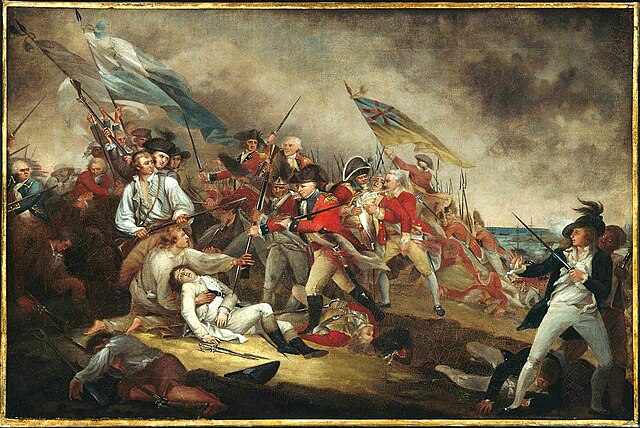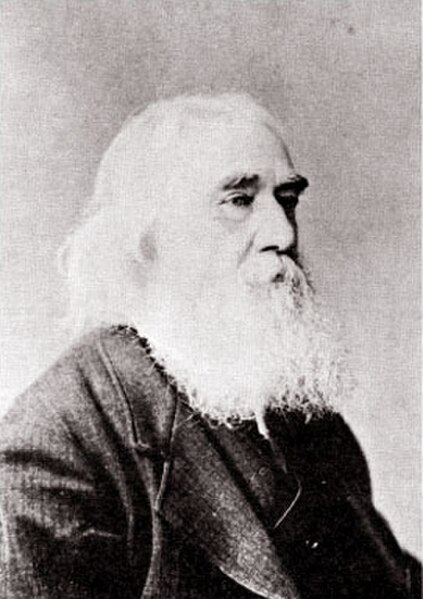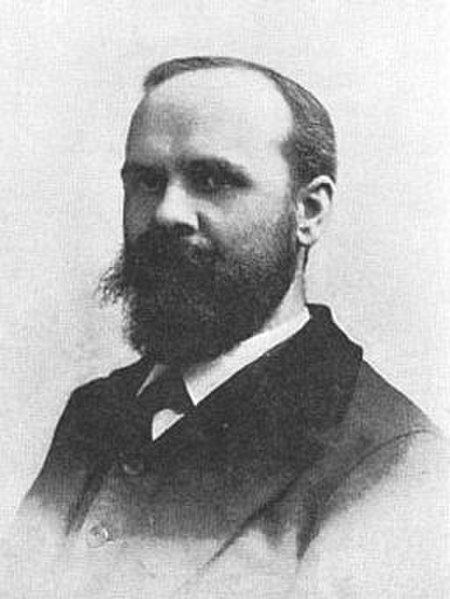David Director Friedman is an American economist, physicist, legal scholar, and anarcho-capitalist theorist. Although he studied chemistry and physics and not law or economics, he is known for his textbook writings on microeconomics and the libertarian theory of anarcho-capitalism, which is the subject of his most popular book, The Machinery of Freedom. Described by Walter Block as a "free-market anarchist" theorist, Friedman has also authored several other books and articles, including Price Theory: An Intermediate Text (1986), Law's Order: What Economics Has to Do with Law and Why It Matters (2000), Hidden Order: The Economics of Everyday Life (1996), and Future Imperfect (2008).
Friedman in 2016
Anarcho-capitalism is an anti-statist, libertarian political philosophy and economic theory that seeks to abolish centralized states in favor of stateless societies with systems of private property enforced by private agencies, based on concepts such as the non-aggression principle, free markets and self-ownership. Anarcho-capitalist philosophy extends the concept of ownership to include control of private property as part of the self. In the absence of statute, anarcho-capitalists hold that society tends to contractually self-regulate and civilize through participation in the free market, which they describe as a voluntary society involving the voluntary exchange of goods and services. In a theoretical anarcho-capitalist society, the system of private property would still exist, as it would be enforced by private defense agencies and/or insurance companies selected by property owners, whose ownership rights or claims would be enforced by private defence agencies and/or insurance companies. These agencies or companies would operate competitively in a market and fulfill the roles of courts and the police, similar to a state apparatus.

Murray Rothbard (1926–1995), who is credited with coining the words anarcho-capitalist and anarcho-capitalism.
The death of General Joseph Warren at the Battle of Bunker Hill during the American Revolutionary War, a war which anarcho-capitalists such as Murray Rothbard admired and believed it was the only American war that could be justified
Lysander Spooner, an American individualist anarchist and mutualist, who is claimed to have influenced anarcho-capitalism
Benjamin Tucker, another individualist anarchist, who identified as a socialist and his individualist anarchism as anarchistic socialism versus state socialism, said to have influenced anarcho-capitalism





